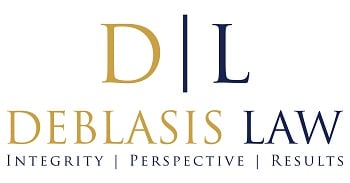Businesses thrive when they efficiently use their resources for progress and growth, such as intellectual property (IP). Unlike other assets, information can be challenging to secure, especially when various people need to access it to keep the business running. As required, a company can implement safeguards, including nondisclosure agreements (NDAs).
This contract legally binds involved parties to maintain proprietary information and IP confidentiality. Additionally, it is possible to customize an NDA to accommodate specific requirements based on the IP type and level of privacy. Businesses should know when to use an NDA, depending on the circumstances. Appropriate situations for this document type could include the following:
- Creating and developing a new product with accompanying trade secrets potentially accessible to other parties, facilitating trademarks and copyrights
- Negotiating a deal with external parties, such as business mergers, acquisitions or ventures
- Hiring employees whose job requires them to handle proprietary information and other confidential details
- Starting fundraising initiatives and looking for investors
- Selling the business, requiring the presentation of financial records, sales details and other sensitive data
- Collaborating with third parties, such as licensees or prospective clients
Other situations and transactions might require NDAs based on whether they involve sensitive company information. Some businesses take extra measures to maintain data security, such as implementing physical restrictions within the company premises while using NDAs.
Using NDAs wisely
Using NDAs is typical for various transactions, including recordkeeping in medical and financial industries that often handle private client information. Still, it is best to use these agreements appropriately. Additionally, these contracts might require adjustments to fit various dealings within the business operations. Seeking legal counsel and using NDAs sensibly could pay off in the long run.
